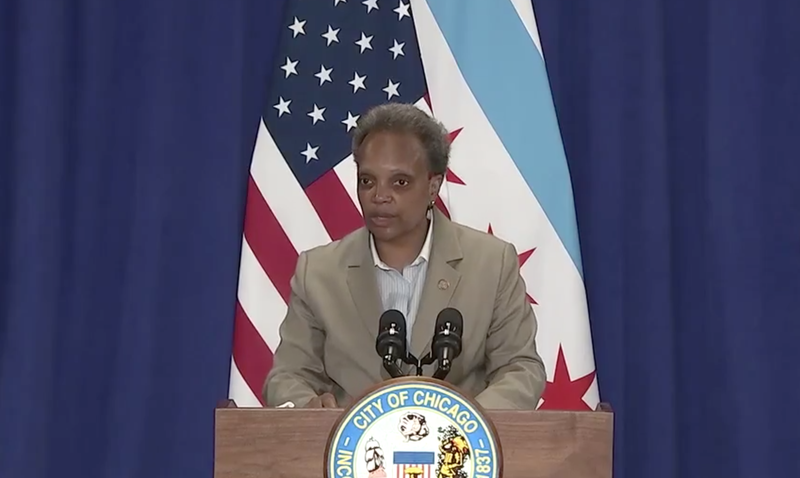
CHICAGO (WBBM NEWSRADIO) -- Mayor Lightfoot can’t say exactly when or how the city might roll back its recovery plan, but she said, right now, the numbers are moving the wrong way.
Chicago is averaging just under 200 new cases of COVID-19 each day. And of the people being tested, just over five percent have the disease. Health officials want that number lower.
Mayor Lightfoot said more of the new cases are among young adults, from 18- to 29-years old - people who may go to bars where people crowd and don’t wear masks. So, what will trigger new restrictions? The Mayor said it’s complicated.
"If we see an uptick go above 200, of course we are going to be interested in and concerned about what is driving those numbers; and then we will take measures as appropriate to address particular areas where we are seeing the cases.
If bars turn out to be a source of the problem, there could be action to shut them down again. For now, officials are watching and hoping people get the message.
RELATED: Illinois COVID-19 Numbers Edge Upward But Still Among Lowest In Nation | Mayor Not Ready To Roll Back Bar, Restaurant Freedoms
And while the City of Chicago considers tightening up its recovery guidelines, Mayor Lightfoot is trying to get Washington to repair some of the damage the COVID-19 pandemic has done to the budget.
Chicago has benefited from more than a billion dollars in federal CARES Act stimulus money - reimbursement for the direct costs of combating COVID-19. But, the months-long Stay-At-Home shutdown idled businesses, and that means the city lost as much as $700,000,000 in tax revenue and such.
Mayor Lightfoot is joining mayors of other Illinois cities in asking for passage of the HEROES Act to recoup.
"We desperately need new resources from the federal government that we can use for revenue replacement. The CARES Act money, which was extraordinarily helpful - but that is only money that can be used specifically for COVID-19 response.
The U.S. House has passed the legislation. It still must be considered by the Senate.
